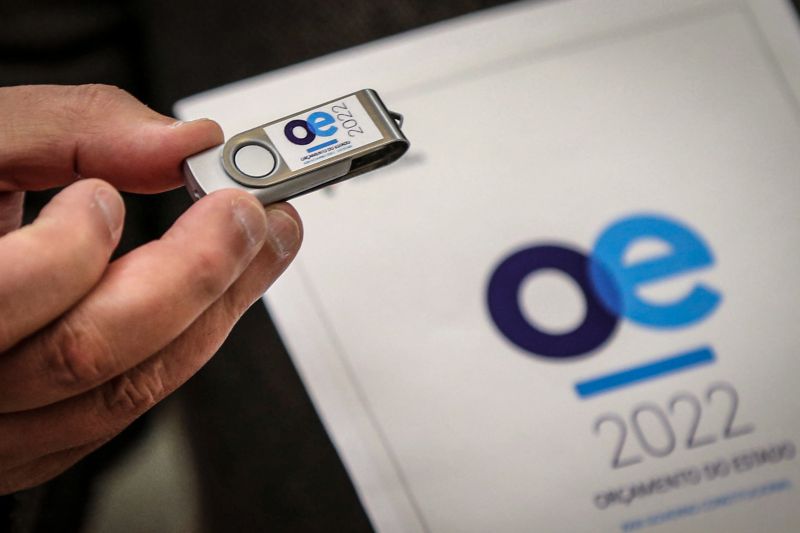Some school groupings have up to 40 different nationalities
The multiplication of nationalities has become a major challenge in Portuguese schools and is turning school libraries into centres for welcoming and integrating immigrant pupils, the coordinator of the National Network of School Libraries, Manuela Pargana da Silva, has been telling Lusa.
In the past, Portugal had ‘pockets’ of foreign students in some areas of the country, but now this situation is widespread throughout national territory, she said, giving the example of the Francisco de Arruda School Group in Lisbon, Alcântara, which currently has students of around 40 nationalities.
“This is a reality in all our schools and we really have to face up to it and have appropriate responses”, she said, considering that school is a place where “better integration can take place, better knowledge between students who arrive and those who are from the school, and the integration of what is diverse in each of their cultures”.
The Alcântara school – the centre of the grouping – like others throughout the country, has many students who don’t speak Portuguese and for whom the library is a great support.
Manuela Pargana da Silva emphasised the increase over the last decade in school library activities aimed at immigrant pupils, which have to be prepared to receive pupils who can arrive at any time during the school year from the most diverse geographical locations – almost all of whom are completely unfamiliar with the Portuguese language.
At the Francisco Arruda school, where many Brazilian pupils used to arrive, intake now comes from Ukraine, Latin America, Colombia, North Africa (Algeria and Morocco), South Africa, Argentina, India, Nepal, Bangladesh and the Philippines.
Depending on the childrens’ countries of origin, school library activities are adapted and diversified, explains librarian teacher Lurdes Caria, emphasising the integration work that is done in terms of affection and then, little by little, in terms of the curriculum.
Primary school age children who arrive at school without speaking a word of Portuguese, are the quickest to learn the new language and are often the families’ greatest support and guide for tasks such as completing official documents, says Caria.
“These students come to the library a lot to ask for this kind of help, like knowing where they can go with their father to solve a problem with the water, gas or electricity in the house, or for an older sibling to get their driving licence (…) these little ones, perhaps because they’re less embarrassed, are very much the family’s support in the first few years they arrive at school”, she tells Lusa.
Fayeeza Nureen, a 13-year-old at Francisco Arruda school, came to Portugal almost three years ago from Bangladesh in Asia with her family, and recalls how it took her almost seven months to be able to speak Portuguese.
“When I arrived I didn’t even know how to say “hello, how are you”. I remember asking my father what “alright” meant,’ said the 7th grader in a class where the Portuguese students are in a minority.
In the school library, where a French lesson was taking place for a class of non-native Portuguese-speaking students, Portuguese could be heard mixed with other languages and even the teacher resorted to English at times to communicate with the students when French and Portuguese didn’t work.
Source: LUSA


























